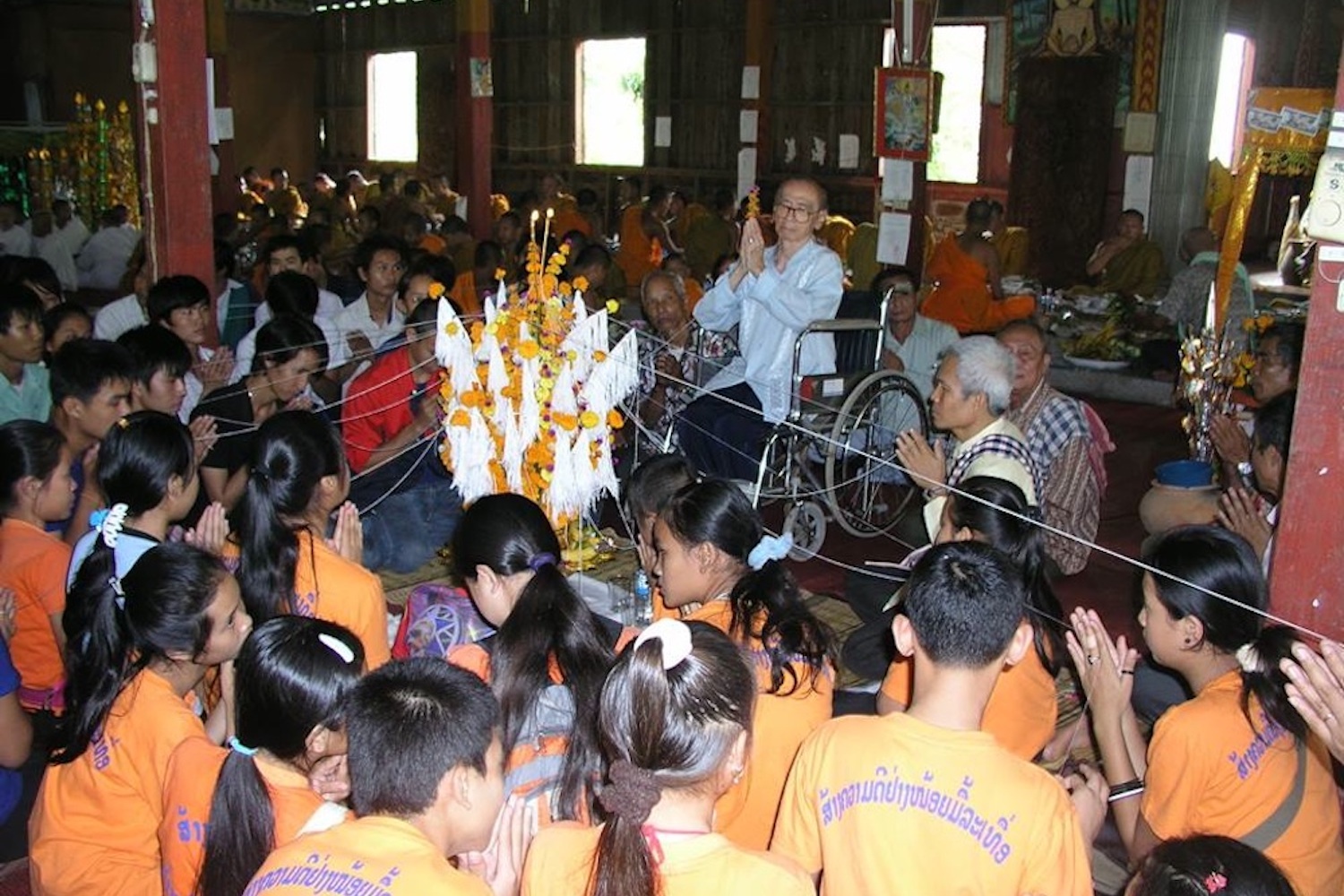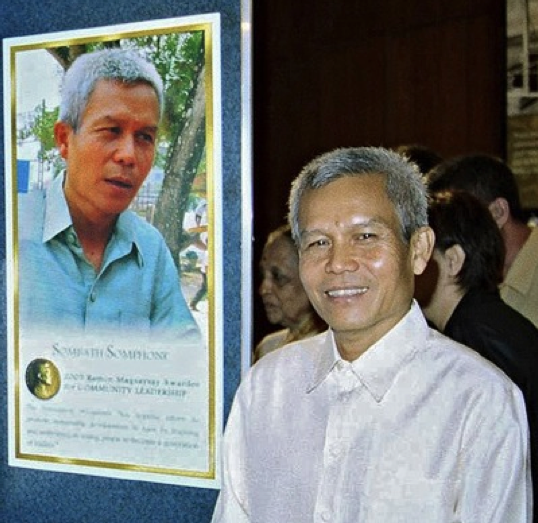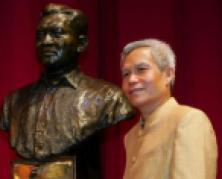2.2.3 States and non-state actors continue to commit violations with impunity, including police brutality, torture and enforced disappearances, against civil society activists. For example, the lack of immediate and transparent investigation into the case of Sombath Somphone[3] by ASEAN governments, the ASEAN Intergovernmental Commission on Human Rights (AICHR), or any other human rights mechanisms in the region. Human rights defenders continue to be persecuted under oppressive laws, including laws against activities as “injuring the national unity”, “propaganda against the State“, “abusing democratic freedoms” and sedition laws, which deny the people safe and constructive political space.
[3] Sombath Somphone, an internationally acclaimed community development worker and prominent member of Lao civil society, went missing on 15 December 2012, when police stopped his vehicle at a checkpoint in the capital. He was then transferred to another vehicle, according to police surveillance video, and has not been heard from since. Reports say that the Lao government continues to deny responsibility for his disappearance.
From Reclaiming the ASEAN Community for the People, the CSO Statement for the 2015 ACSC/APF.
For Para. 2.2.3, on page 2 the sentence containing the individual name of Sombath Somphone and the related footnote must be completely deleted because in any statement we just point out the fact and suggest recommendation and for avoiding unwilling or detrimental consequences, we never put in the name of individual nor we name of specific country. Furthermore, in LAO PDR few people know Sombath Somphone. He is known as a simple Lao citizen and as a development worker, but not prominent as pretended in the footnote. He has established a none registered Association. He does not elected as leader of Lao CSOs. The facts are there.
…This is the determinate voice of Lao people concerning ASEAN CSOs STATEMENT. Once again the People of LAO PDR hope that the sentence of multi-Party and pluralistic system and the other sentence with the individual name of Sombath Somphone, the word LGBTIQ and also all the footnotes shall be deleted or erased from the final Statement prior submission to the high level ASEAN LEADERS during the interface event.
From a resolution allegedly resulting from a meeting of Lao CSOs held on 10-11 March, 2015.

 The disappearance of respected agronomist and community leader Sombath Somphone in 2012 alerted the international community to Vientiane’s problematic rights record.
The disappearance of respected agronomist and community leader Sombath Somphone in 2012 alerted the international community to Vientiane’s problematic rights record.




